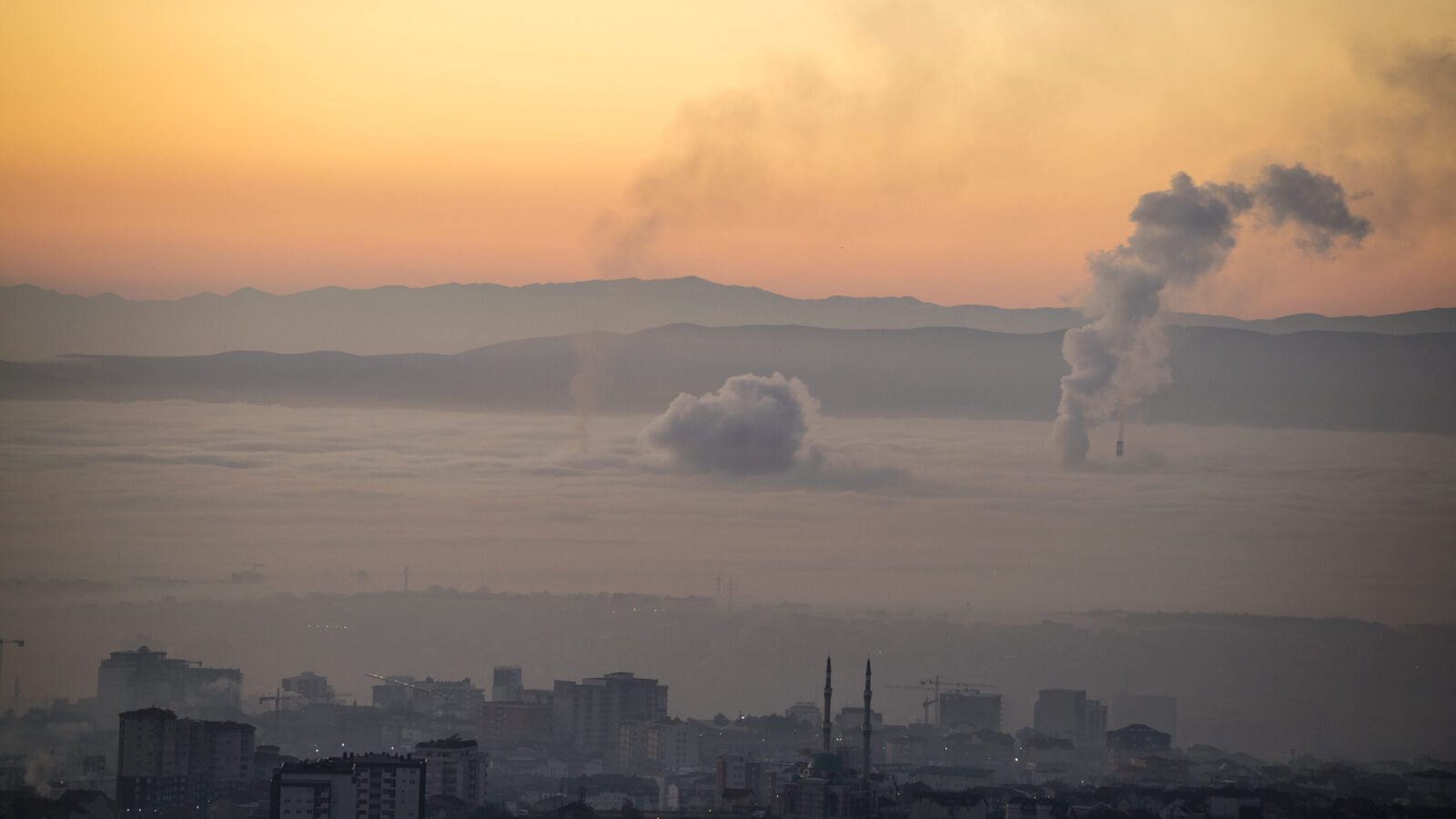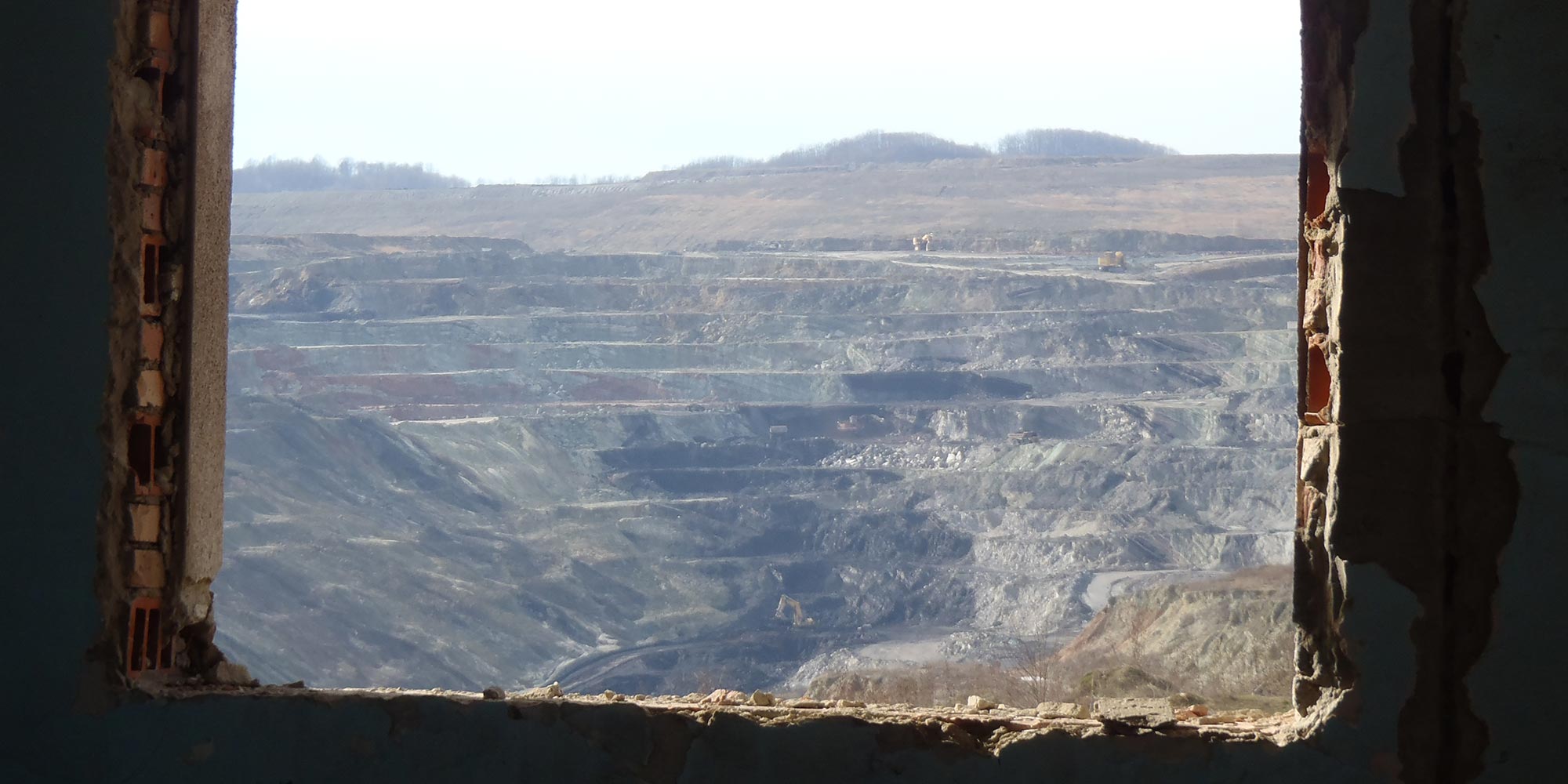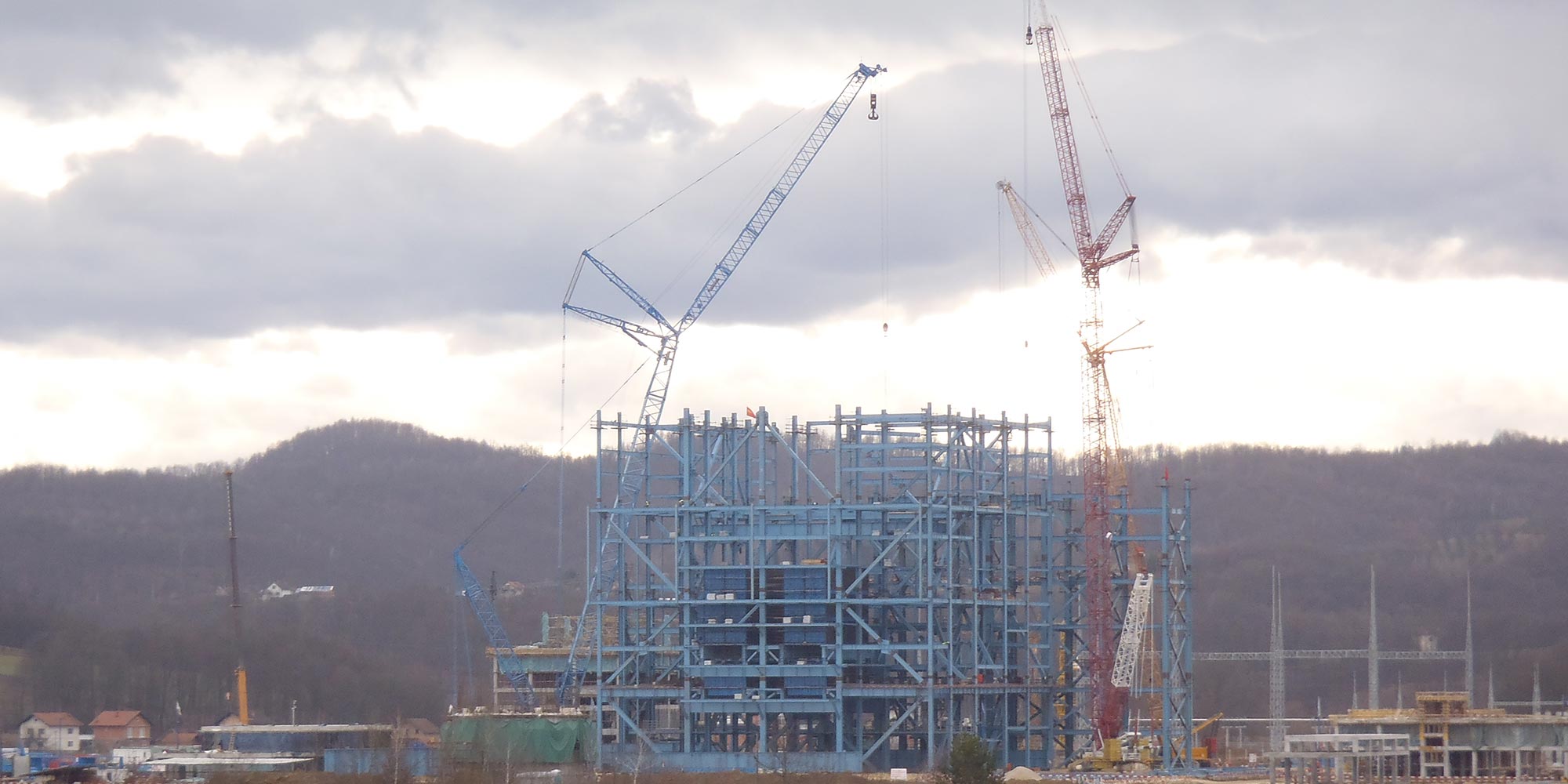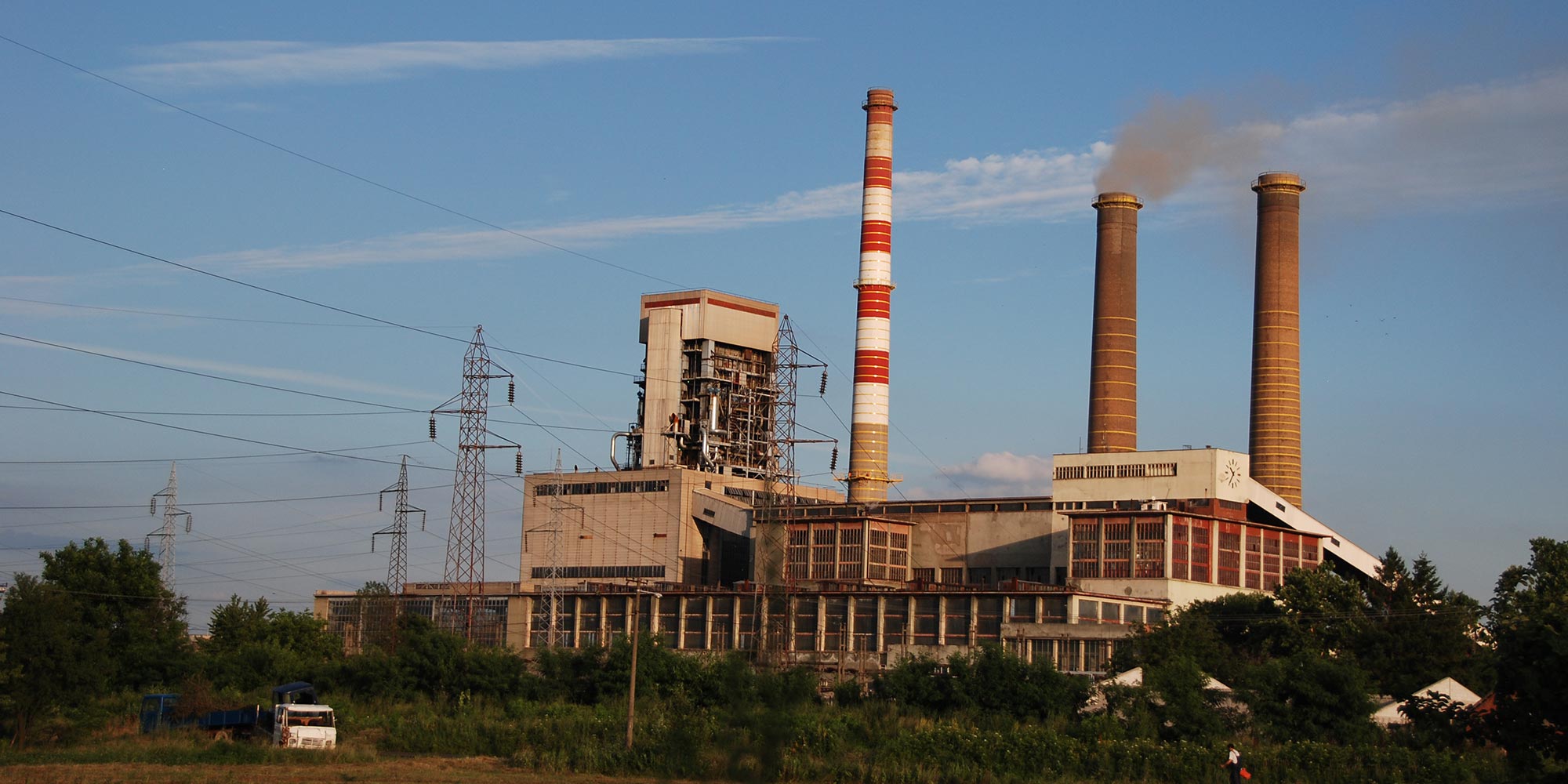Fossil fuels are fast losing their social license. It is becoming increasingly evident that countries’ continued reliance on dirty hydrocarbons escalates the climate crisis, worsens air pollution and enables war.
Long touted as a ‘bridge fuel,’ fossil gas now needs to be recognised by policymakers for the hurdle to the energy transition that it is, and multilateral development banks should urgently end support for gas projects and gas-dependent companies.
The energy transition has to be just and fast, with citizens, municipalities and workers as critical participants in the process. We are working to ensure no more public money is spent on coal, and public finance is used to accelerate this transition.
Stay informed
We provide updates in English from the Balkans and other coal regions.
IN FOCUS
Fossil gas
Fossil gas is the new coal. Although often labelled ‘natural,’ fossil gas is a major driver of the climate crisis. There is no more room for new investments in fossil gas projects if we are to avert the worst impacts of the climate crisis and set a path towards decarbonisation.
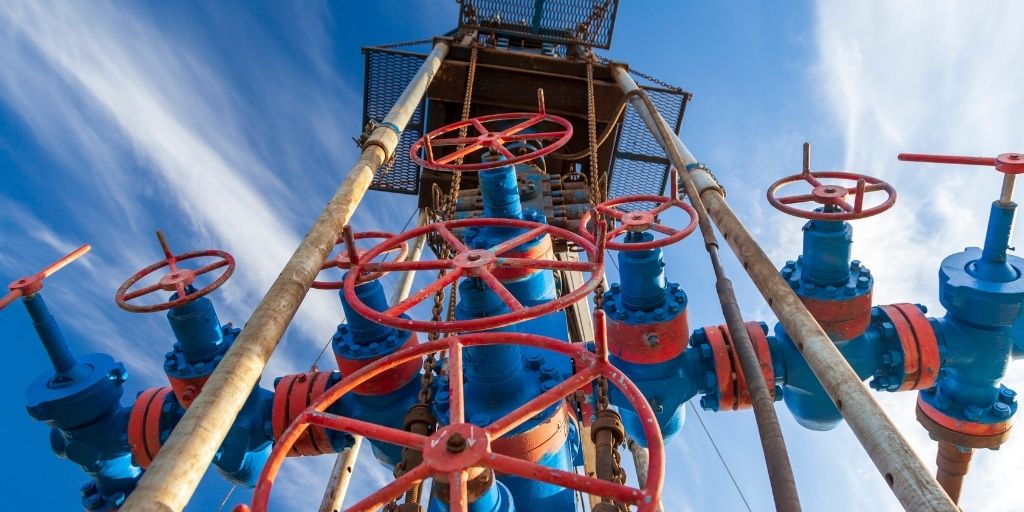
District heating
District heating and individual heating are still dominated by fossil fuels and inefficient burning of wood without regard to sustainability criteria, in combination with a low degree of energy efficiency. This has to change, since heating plays a crucial role in the transition into a clean and zero-carbon economy.
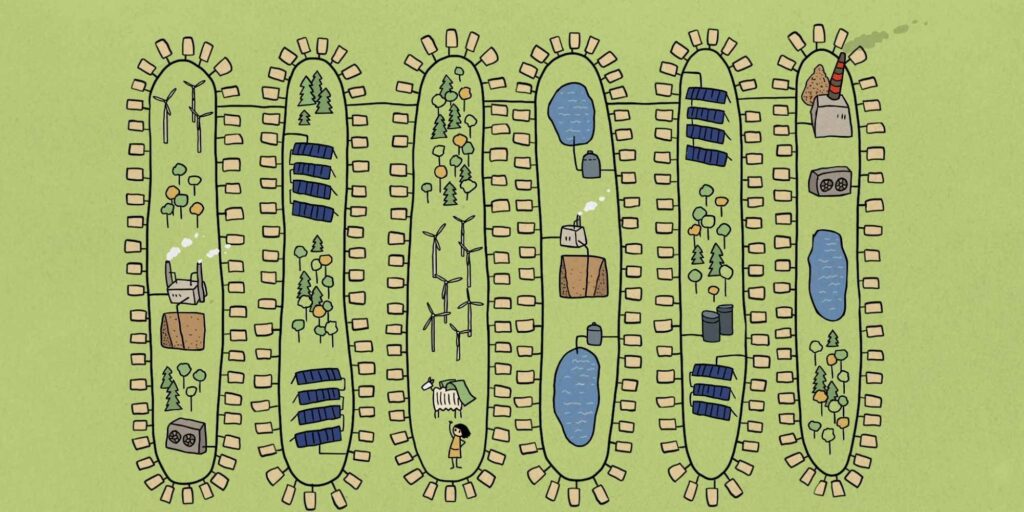
Just transition
No one should be left behind when we reconstruct our world into one driven by clean energy. Working on just transition brings all actors who believe in fair regional redevelopment to the same table: unions, industry, public administration, governments, civil society and others sharing this goal.

Documentary: Turning the Tide
Our documentary exposes, for the first time, the extent of financial support four of the world’s leading multilateral development banks (MDBs) – the World Bank, the European Investment Bank, the Asian Development Bank and the European Bank for Reconstruction and Development – have been providing to the global fossil fuels industry over the past 13 years.
Our analysis shows that since 2008, the oil, coal and gas business has been enjoying no less than EUR 81.5 billion in support from these government-owned financial institutions in the form of loans, grants, credit lines and guarantees.
Coal projects
Ugljevik III lignite power plant, Bosnia and Herzegovina
The concession for Ugljevik III near Bijeljina in Republika Srpska, Bosnia and Herzegovina, is held by Russian billionaire Rashid Sardarov’s Comsar Energy.
Stanari lignite power plant, Bosnia and Herzegovina
EFT’s 300 MW Stanari power plant, constructed by China’s Dongfang, and financed by the China Development Bank, is located near Doboj in Bosnia-Herzegovina, in the Republika Srpska part of the country.
Kolubara B lignite-fired power plant, Serbia
The Kolubara B thermal power plant site is situated near Kalenic village, 60 km south-west of Belgrade, at the northern side of the Tamnava Open Cast Mine. The decision to build the 2 x 350 MW plant was taken in 1983 and construction started in 1988. Construction progressed slowly until 1992, when work was suspended due to sanctions against Serbia. At this stage, about 40 per cent of the facility had already been constructed, partly with the assistance of a World Bank loan.
Latest news
Hooked on gas: CEE governments’ climate plans prescribe fossil gas addiction
Blog entry | 16 July, 2024During much of the past 13 months – the longest streak of record-breaking global temperatures – EU governments have been revising their climate strategies. Yet, instead of increasing ambition at a time of a climate emergency, as they have committed to do, policymakers in central and eastern Europe appear keen to sustain their countries’ addiction to fossil gas.
Read moreUrgent call for central and eastern European countries to raise their NECP climate ambitions
Press release | 27 June, 2024With the deadline (30 June) for EU Member States to submit their national energy and climate plans (NECPs) fast approaching, concerns are growing that CEE countries are not showing the ambition needed to meet their 2030 climate and energy targets.
Read moreEU climate fund bankrolling dirty energy expansion
Press release | 25 June, 2024As global temperatures continue to soar and climate disasters hit the most vulnerable, the EU’s little-known Modernisation Fund is propping up unsustainable energy infrastructure.
Read moreRelated publications
A race to the top: Western Balkans 2024
Report | 16 July, 2024 | Download PDFA report by Global Energy Monitor, CEE Bankwatch Network and REScoop.eu reveals the Western Balkans have more than 23 GW of proposed utility-scale solar and wind projects—almost 70 per cent more than a year ago.
Hooked on gas: Report on the status of national energy and climate plans in central and eastern Europe
Report | 20 June, 2024 | Download PDFThis publication highlights the need for gas phase-out pathways and identifies shortcomings in the current draft NECPs of eight central and eastern European Member States.
Delays in Almaty CHP-2 gas project open new opportunities for a rethink
Briefing | 29 May, 2024 | Download PDFSupported by the EBRD, the conversion of Almaty’s coal heat and power plant CHP-2 to gas has been seriously delayed. This opens an opportunity for a rethink: Why is the EBRD continuing to support this project instead of funding a clean and potentially cheaper type of heating?
